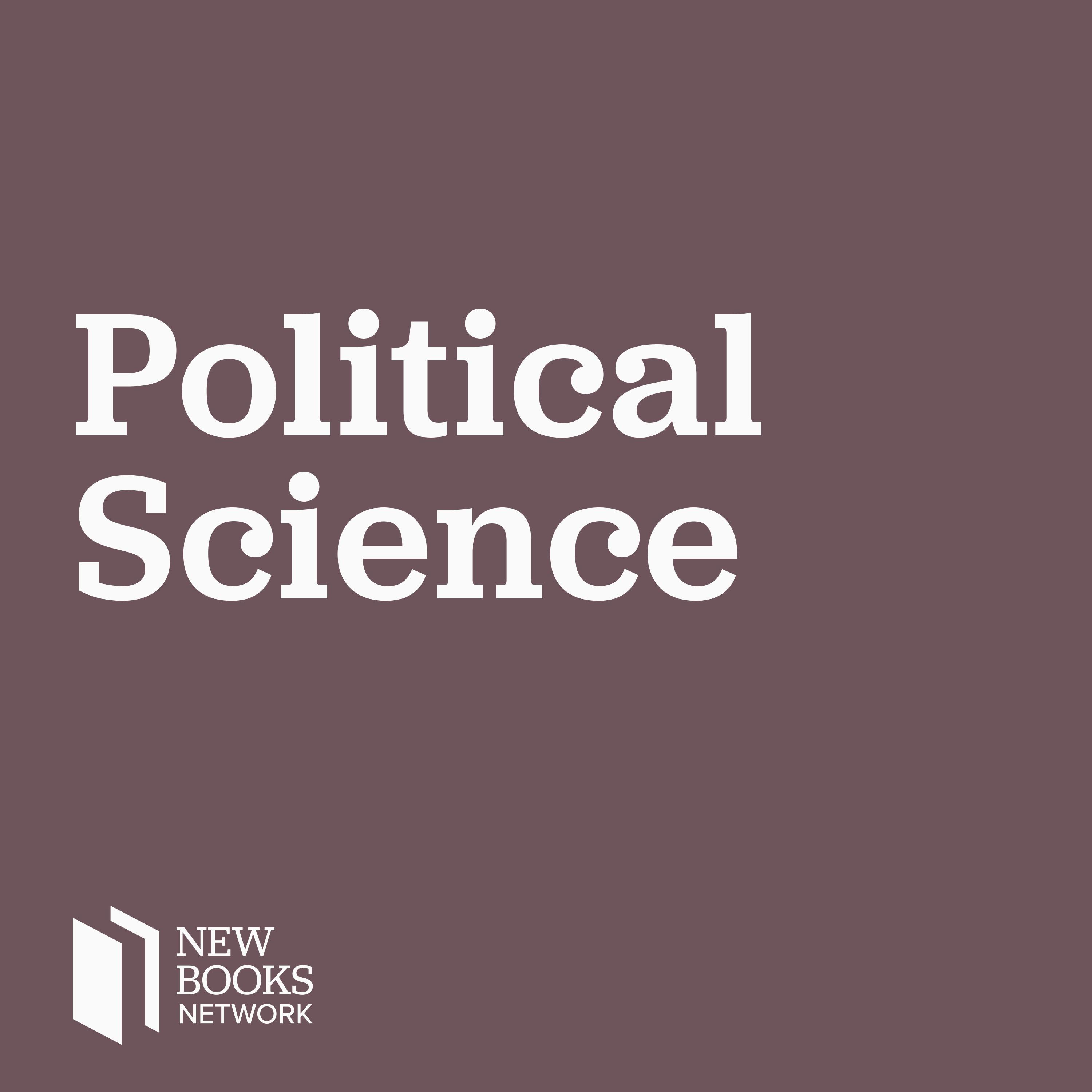S. Mettler and R. C. Lieberman, "Four Threats: The Recurring Crises of American Democracy" (St. Martin's Press, 2020)
Description
The United States experienced race-baiting, polarization, executive overreach, and inequality before the presidency of Donald Trump. Does that political history demonstrate resilience – or vulnerability? Suzanne Mettler (John L. Senior Professor of American Institutions in the Government department, Cornell University) and Robert C. Lieberman (Krieger-Eisenhower Professor of Political Science, Johns Hopkins University) use insights gleaned from comparative politics (particularly the study of liberal democratic and authoritarian regimes) and American politics to interrogate five periods in American political history to argue that there are four central threats to American liberal democracy: political polarization, racism and nativism (issues of who belongs), economic inequality, and excessive executive power. The United States has faced these political threats (even combinations of them) in the past. But those periods of political conflict have had serious, long-term consequences for the robustness of American political institutions and practices. At the beginning of the 21st century, Mettler and Lieberman observe all four: a unique and serious state of affairs.
Four Threats: The Recurring Crises of American Democracy (St. Martin's Press, 2020) highlights five political moments that span three centuries. “Polarization Wreaks Havoc in the 1790s” unpacks the emergence of factions and proto-parties emerging over the Alien and Sedition Acts – and highlights how the rhetoric of John Adams (targeting of immigrants, the press, and demonizing his political opponents) parallels that of Donald Trump. “Democratic Disintegration in the 1850s” charts the breakup of the Union and Civil War. “Backsliding in the 1890s” interrogates debates over voting rights, identity, and citizenship – and the remarkable violence that enforced white supremacy as states stripped Black Americans of the voting rights that helped protect their civil and political rights. The national government failed to effectively uphold those rights, leaving most Black Americans without effective voting power for over 60 years. In “Executive Aggrandizement in the 1930s,” Mettler and Lieberman demonstrate how Franklin D. Roosevelt’s forceful use of executive power to thwart fascism in Europe and respond to broad public needs in the United States opened the door for the use of power for other purposes. In “The Weaponized Presidency in the 1970s,” they show how Richard Nixon deployed that power to punish political enemies but also how each branch played their constitutional roles to force a president from power.
Designed for students and all readers interested in American history and politics – trying to make sense of the 2016 election and contemporary American politics, the book provides clear and concise definitions of any political science terms or theories.
Susan Liebell is associate professor of political science at Saint Joseph’s University in Philadelphia. She is the author of Democracy, Intelligent Design, and Evolution: Science for Citizenship (Routledge, 2013) and, most recently, “Retreat from the Rule of Law: Locke and the Perils of Stand Your Ground” in the Journal of Politics (July 2020). Email her comments at [email protected] or tweet to @SusanLiebell.
Learn more about your ad choices. Visit megaphone.fm/adchoices
More Episodes
Published 04/25/24
Boubacar N’Diaye's book Mauritania's Colonels: Political Leadership, Civil-Military Relations and Democratization (Routledge, 2017), the result of more than a decade of research, focuses on the socio-political dynamics and civil-military relations in a little studied country: Mauritania, located...
Published 04/25/24
In this episode of the CEU Press Podcast, host Andrea Talabér (CEU Press/CEU Review of Books) sat down with Matt Qvortrup (Coventry University) to discuss his new book with CEU Press entitled, The Political Brain: The Emergence of Neuropolitics (CEU Press, 2024).
Putting the “science” back into...
Published 04/24/24


